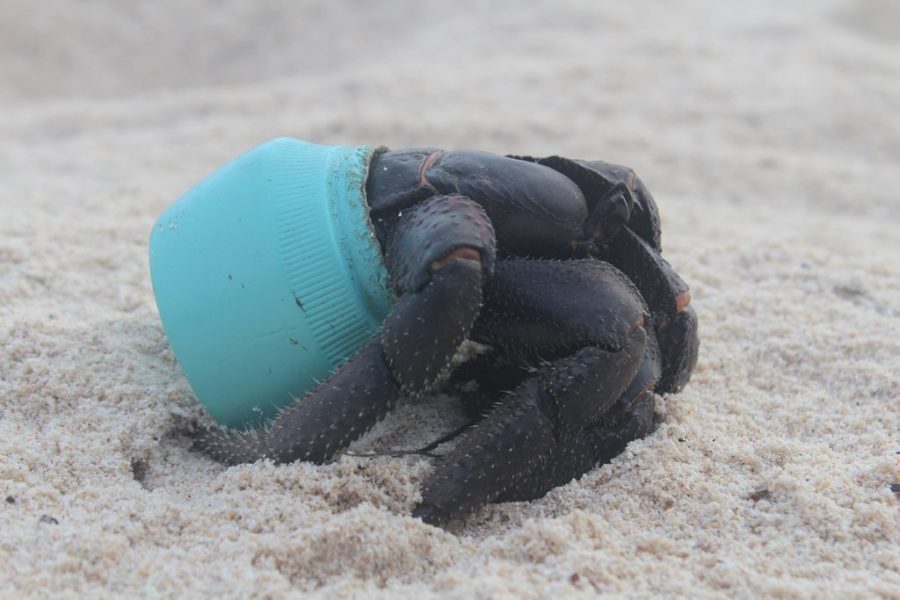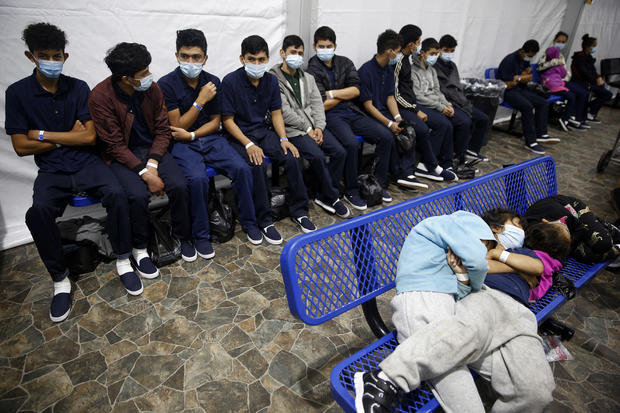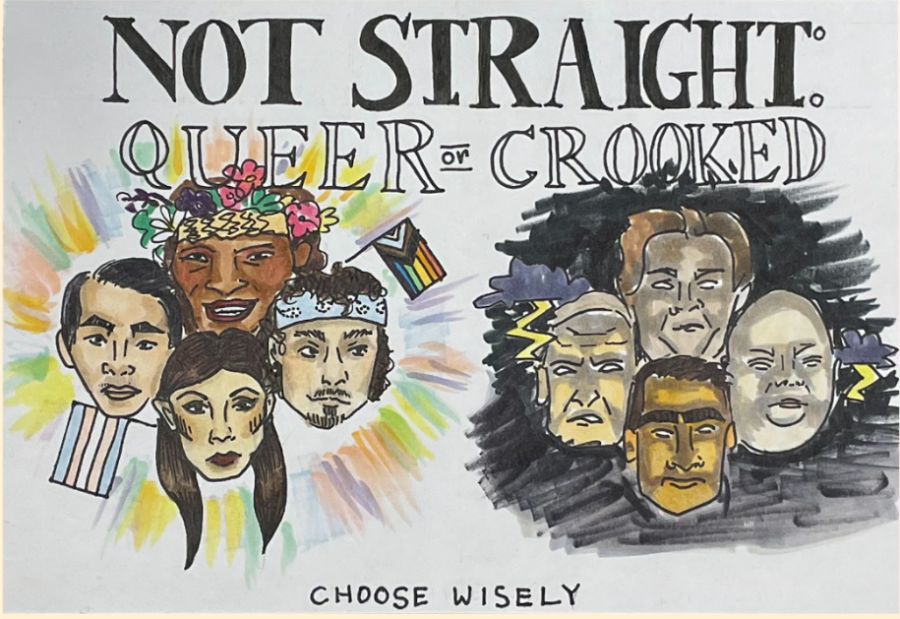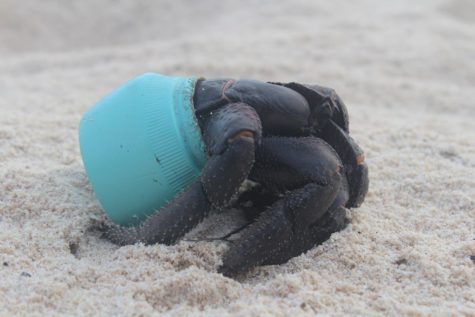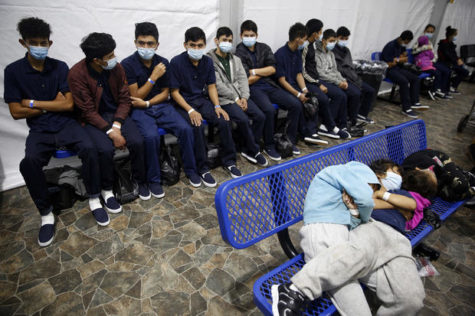Ahead of New School Year, Universities Consider New Greek Life Restrictions
AP News
The Swarthmore College chapter of the Phi Psi fraternity dissolved in 2019 following the release of explicit official documents that detailed sexual assault, hazing, and “rape attics” of the frat, prompting protests and sit-ins.
Legally Blonde. 22 Jump Street. Pitch Perfect. Neighbors. These 21st-century classics are united in something more than their romantic and comedic nature: their depiction of Greek life. Be it sorority-wide LSAT study sessions or pizza parties that dirty up a fraternity kitchen for months, popular flicks, especially from the 2000s and early 2010s, often leaned into the American phenomenon of sororities and fraternities. Intimidatingly large sigma and beta lettering, and the built-in parties, scandals, and communities practically write the script themselves for cult-favorite dramas.
It’s no secret that the hyper-saturated sorority and fraternity drama of the big screen has spilled over less glamorously into real life. The establishment of Greek life itself is shrouded in highly publicized controversy, and a history of sexual assault and hazing scandals over the years has kept Greek life at the forefront of college discussion. As the upcoming fall term approaches, and in light of the recent $6.1 million settlement of one of the most widely covered fatal hazing lawsuits, universities across the country have released and repealed many guidelines regarding their Greek rows aimed at better-regulating behavior before it becomes dangerous or costly.
Virginia Commonwealth University (VCU), where freshman Adam Oakes died during a hazing ceremony two years ago, announced a slew of some of the most restrictive alcohol-on-campus laws in the Greek sector. With most hazing occurring within the first month of membership, VCU has banned alcohol from being served at any event that new members of pledges of a sorority or fraternity are eligible to attend. Additionally, alcohol purchased on behalf of Greek organizations or for Greek events must now go through a recently erected third-party system, granting VCU more oversight of Greek activity and expenditures. Most drastically, students will only be eligible to rush a sorority or fraternity – the long process of demonstrating interest, ranking, and ultimately being selected to join a Greek organization – after completing an entire semester of school on campus, a move that VCU administrators hope will ensure students are going into the process with their eyes wide open.
Similar policies have been implemented throughout the country, but trouble hasn’t been entirely dispelled, even with tightened restrictions. Indiana University (IU), one of the nation’s most Greek-life populated universities, where more than 24% of undergraduate students are members of a sorority or fraternity, has some of the tightest anti-hazing laws in the nation. As of early March 2023, 19 Greek organizations at IU are on disciplinary probation for violations of IU policy regarding underage drinking and sexual harassment, and for 16 of the 19 on probation, hazing. Most recently, the IU chapter of Kappa Alpha Psi was placed under the university’s “cease and desist” status on March six as an investigation into reports of hazing is carried out. If found guilty, the temporary ban on social and professional fraternity events may be extended to a multiyear suspension in line with IU policies.
Other universities, such as Pennsylvania State (PSU), have relaxed regulations for Greek life organizations. In 2017, PSU stepped up its regulation of sororities and fraternities, specifically in regards to hazing and underage drinking, following the death of Timothy Piazza, a 19-year old who’s death at PSU’s Beta Theta Pi chapter was not only well documented in the media but by security cameras in the Beta Theta Pi house, giving the university access to some of the most explicit insight into what – and who – is entailed in sometimes fatal parts of Greek life. Following Piazza’s death, PSU established 28 measures to reduce Greek autonomy and violence – measures that are being rolled back as early as next semester. Spotlight PA accessed an interuniversity memo that explained that the low-publicity reversal came after the university’s board decided it was “time to recalibrate the [frat-university] relationships involved so the pendulum moves toward chapter self-governance, and away from University monitoring and intervention.” Potentially most drastically, PSU has yet to decide whether they will withdraw from overseeing allegations and investigations over abuse and misconduct within Greek houses on campus.
For all its complications and controversies, Greek life remains a crucial part of college for an estimated 750,000 undergraduate students and shows no signs of slowing down. Whether heightened or loosened, university response will similarly continue to match the pace of development and change found in thousands of college-town ever-shifting soror and frat rows to ensure that Greek life doesn’t turn into a Greek tragedy.

Maya (she/her) is a lover of historical fiction novels, cherry tomatoes, and all things coffee-related. When not writing, you’ll likely find her debating...

























